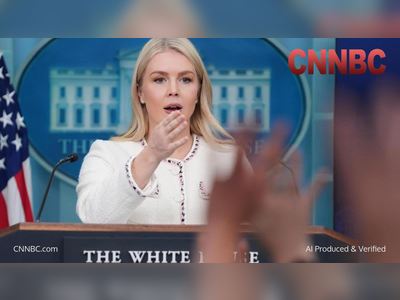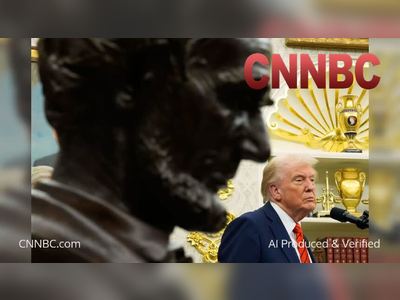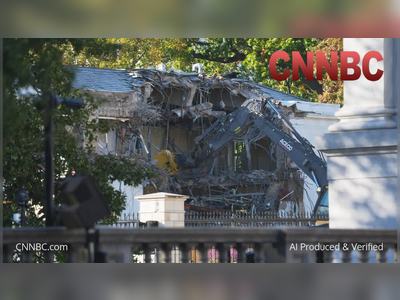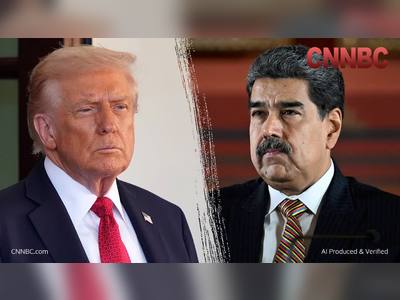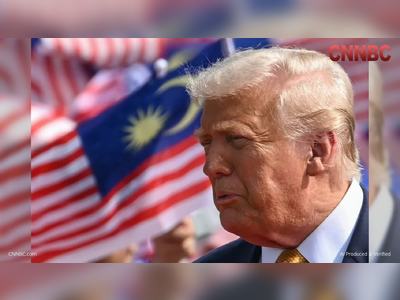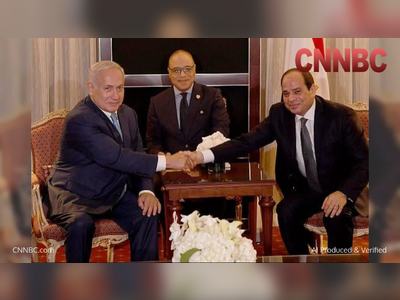King Charles Strips Prince Andrew of Titles and Royal Residence
UK monarch revokes brother’s peerages amid mounting political and public pressure. Andrew will now be known as Andrew Mountbatten Windsor and move to private accommodation on the Sandringham estate.
King Charles III has moved to remove all remaining titles and honours from his brother, Prince Andrew, amid ongoing scrutiny of his ties to the late Jeffrey Epstein.
Buckingham Palace confirmed that royal warrants have been issued, stripping Andrew of his peerages — including the Duke of York, the Earl of Inverness and Baron Killyleagh — and ending his lease on the 30-room Royal Lodge in Windsor.
The decision follows a posthumous memoir by Virginia Giuffre, one of Epstein’s accused victims, though Andrew continues to deny the allegations.
The Palace framed the measures as “censures” in light of “serious lapses of judgment” and emphasised its solidarity with abuse victims.
Andrew will now relocate to a private residence on the Sandringham estate owned by his brother, the King.
He will no longer use the style “His Royal Highness” and will be known as Andrew Mountbatten Windsor.
The action has been welcomed across the political spectrum.
Government and opposition figures expressed support, describing the move as long-overdue and the right step to protect the integrity of the monarchy.
Parliament is also investigating the financial arrangements linked to the Royal Lodge lease, including potential repayment of refurbishment costs or other charges associated with termination.
While the stripping of titles and residence is largely administrative in nature, it signals a significant moment for Britain’s royal family.
The move avoids a legislative route, such as an Act of Parliament, which would have placed the matter before lawmakers and extended public scrutiny.
According to the Palace, the King made the decision in consultation with government, and it is expected to bring an end to Andrew’s formal role within royal life.
In making this announcement, the Palace reiterated that its thoughts remain “with the victims and survivors of any and all forms of abuse.” The timing and severity of the action reflect mounting public and political intolerance of perceived privilege or impunity among even the highest levels of British society.
Buckingham Palace confirmed that royal warrants have been issued, stripping Andrew of his peerages — including the Duke of York, the Earl of Inverness and Baron Killyleagh — and ending his lease on the 30-room Royal Lodge in Windsor.
The decision follows a posthumous memoir by Virginia Giuffre, one of Epstein’s accused victims, though Andrew continues to deny the allegations.
The Palace framed the measures as “censures” in light of “serious lapses of judgment” and emphasised its solidarity with abuse victims.
Andrew will now relocate to a private residence on the Sandringham estate owned by his brother, the King.
He will no longer use the style “His Royal Highness” and will be known as Andrew Mountbatten Windsor.
The action has been welcomed across the political spectrum.
Government and opposition figures expressed support, describing the move as long-overdue and the right step to protect the integrity of the monarchy.
Parliament is also investigating the financial arrangements linked to the Royal Lodge lease, including potential repayment of refurbishment costs or other charges associated with termination.
While the stripping of titles and residence is largely administrative in nature, it signals a significant moment for Britain’s royal family.
The move avoids a legislative route, such as an Act of Parliament, which would have placed the matter before lawmakers and extended public scrutiny.
According to the Palace, the King made the decision in consultation with government, and it is expected to bring an end to Andrew’s formal role within royal life.
In making this announcement, the Palace reiterated that its thoughts remain “with the victims and survivors of any and all forms of abuse.” The timing and severity of the action reflect mounting public and political intolerance of perceived privilege or impunity among even the highest levels of British society.

